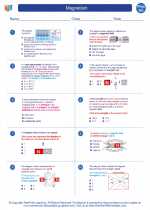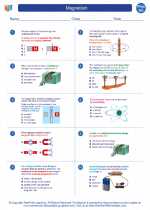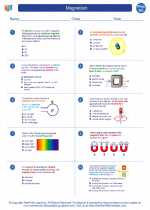Boiling
Boiling is the process in which a liquid turns into a vapor when it is heated to its boiling point. This happens when the vapor pressure of the liquid equals the pressure exerted on the liquid by its surroundings. The boiling point of a liquid is the temperature at which its vapor pressure equals the external pressure exerted on the liquid. At this point, bubbles of vapor form within the liquid and rise to the surface, creating the characteristic bubbling and churning associated with boiling.
Factors Affecting Boiling
Several factors can affect the boiling point of a liquid, including:
- Pressure: Higher pressure increases the boiling point of a liquid, while lower pressure decreases it.
- Impurities: The presence of impurities in the liquid can either raise or lower its boiling point, depending on the nature of the impurities.
- Surface Area: Increasing the surface area of the liquid can lead to faster boiling, as it allows more liquid to be in contact with the heat source.
Study Guide for Boiling
Here are some key points to understand and remember when studying boiling:
- Understand the concept of vapor pressure and how it relates to boiling.
- Learn how changes in pressure and impurities can affect the boiling point of a liquid.
- Be able to explain the process of bubble formation and vaporization during boiling.
- Understand the applications of boiling in various everyday and industrial processes, such as cooking, power generation, and distillation.
- Be familiar with the phase diagram of a substance, including the relationship between temperature, pressure, and the phases of matter.
Remember to practice solving problems related to boiling, such as calculating the boiling point of a solution given its composition and pressure. Additionally, conduct experiments to observe and understand the process of boiling in different liquids under various conditions.
By mastering the concepts and principles of boiling, you will be well-prepared to understand the behavior of liquids and the processes involving phase transitions.



